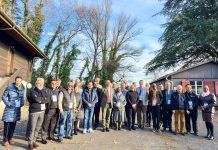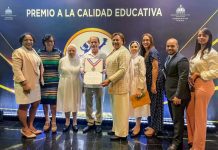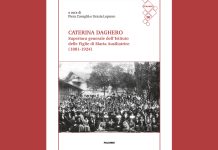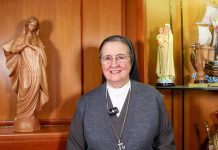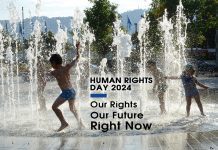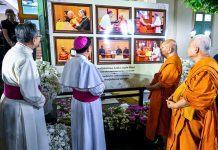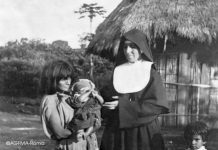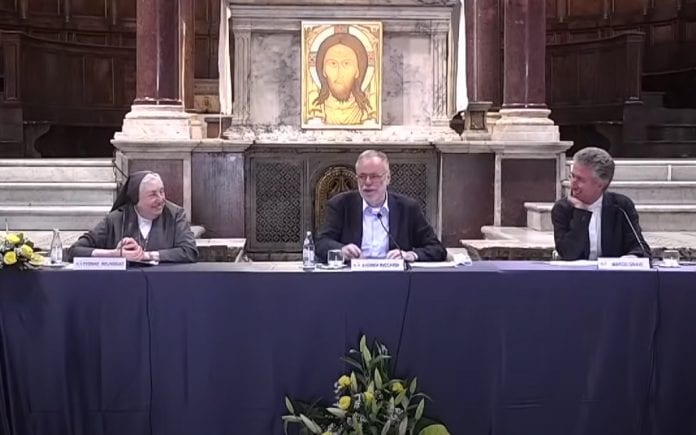Rome (Italy). On 8 July 2021 in Rome, at the Basilica of S. Maria in Trastevere, there was the Webinar “The Church burns. The future of Christianity”, with the intervention of Prof. Andrea Riccardi, organized by the Community of St. Egidio, an international lay movement dedicated to prayer, the poor, and peace. The goal was to guide and face the challenges facing the Church, the world, consecrated life, the laity, starting from the vision of the Encyclical Letter Fratelli Tutti and the challenge of the pandemic.
In the Basilica there was a group of religious and lay people, in compliance with the anti-Covid rules. Numerous participants were connected online from all over the world, through the YouTube channel of the Community of St. Egidio, favored by simultaneous translation into Italian, English, Spanish, and French.
The meeting opened with the greeting of Fr. Marco Gnavi, parish priest of the Basilica of Santa Maria in Trastevere and the introduction of Sr. Yvonne Reungoat, Mother General of the Institute of the Daughters of Mary Help of Christians and President of the Major Superiors Union of Italy (USMI).
Mother Yvonne, after having introduced Prof. Andrea Riccardi, Founder of the Community of St. Egidio, historian and essayist, author of the book “The Church burns. The future of Christianity”, she said:
“It is good to be able to share together, people with different vocations, what we carry in our hearts. Andrea Riccardi’s book is very current for the courage of the questions, of a Church rooted in a world in full transformation, by which the Church itself is touched. The courage to ask questions, to live the crisis and look for ways to open up to the future. (…) Andrea Riccardi will help us to enter this reality of crisis not as a problem, but as an opportunity, an interpellation, a launch towards the future, provided that we can live it in communion with all the lights that the Holy Spirit can give us, but also by listening to events and circumstances. (…) There is so much vitality, even now, a sign that the crisis is a source of life”.
Prof. Riccardi, in his broad and articulated reflection, re-read the current crises recalling their historical foundations, with a specific look at the role of religious life of this time, on the basis of his experience of closeness to the poor and commitment to building peace. He has repeatedly emphasized how in the Church religious life is always perceived alongside the people, giving them a proper evangelical face.
Pope Francis’ Encyclical Fratelli Tutti illuminated the arguments as a proposal for the future, to Christians and human beings who, in many contexts, live in solitude and emptiness. “In the difference of our vocations, each in their own small way can increase the current of love and fraternity by bringing people together. … A wind of fraternity that everyone can blow”.
Riccardi said that “The Church is connatural to fraternity. Religious communities were born as fraternities, to realize the ideal of the Gospel and the Church and they have become the ‘globalization of a fraternity’. … Christian communities are called to be a sign of fraternity, friendship, and peace”.
He underlined the aspect of caring for others, “When a community takes care of a family, it is reborn as a fraternity: caring for a people makes us brothers and sisters because the poor are the discarded stone on which we build fraternity.” And the need for personal commitment to live fraternity, “We need to let the wind of fraternity blow and everyone can do it, seeking what unites and putting aside what divides. The wind of fraternity slowly brings down the walls, regenerates the human tissue after the crisis of the pandemic. Human fabric must be stitched up with the needle of fraternity”.
Prof. Riccardi concluded the reflection by expressing the conviction that the religious have a greater affinity with the appeal to the fraternity of Pope Francis: “I believe that the religious, children of the dream, who live in gratuity and sense a world of brothers and sisters all, are the first recipients of this message, because they know this language”.
The concluding words of Mother Yvonne Reungoat, who thanked Prof. Andrea Riccardi for the perspective of hope with which he shared his experience and rich reflection, highlighted how religious life is immersed in the world and it is essential to walk together:
“In religious life there are no borders and the constant presence of the world, of its hopes, struggles, worries, wounds, is truly part of our life. Religious life seeks to be a sign of the concrete love of God present in the midst of His people at this moment, simply with the presence among charisms, with the laity and institutions (…) because only together can we find ways of communion and fraternity”.
“The future is in us and we build it, not alone, because the Holy Spirit is present in the heart of the world and acts, but we cannot let ourselves be dominated by events and situations, we have to decide which future we want to build. Every decision, every step is already a future that begins, See, I am doing something new! Now it springs forth, do you not perceive it?’ (Is 43:19). Together we can help each other to see the many signs of fraternity, share them, see the seeds of newness that are germinating, that are present and are signs of hope. Together we can leave with a strengthened hope because the crisis is a source of new life and the love present in our hearts is always creative, fruitful”.


